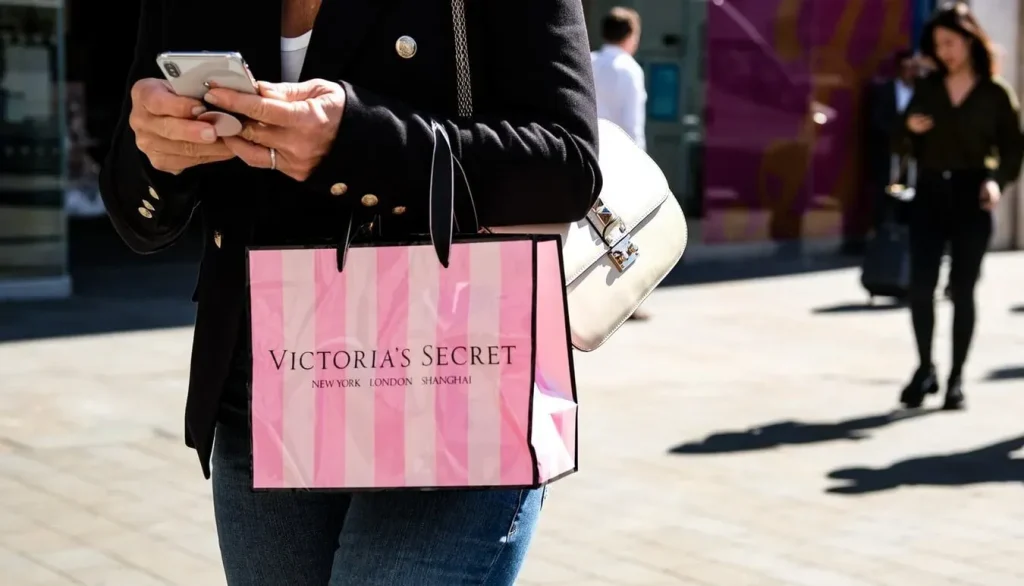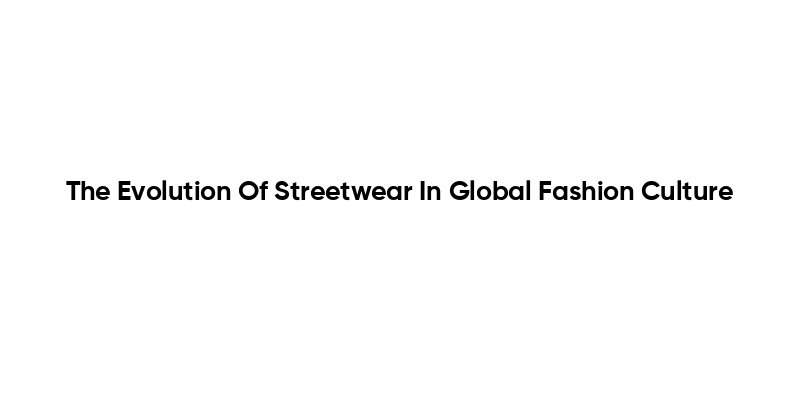The recent allegations surrounding the “Made in Italy luxury fashion scandal” have sent shockwaves through the high-end fashion industry, raising critical questions about the ethical foundations of this iconic label. While luxury brands are often marketed as bastions of quality and craftsmanship, investigations into their supply chains reveal a troubling narrative of worker exploitation and unfair labor practices. High-profile brands, once revered for their craftsmanship, are now facing scrutiny for outsourcing production to illegal workshops, where workers are paid a fraction of a living wage. This troubling trend not only challenges the integrity of the “Made in Italy” label but also highlights broader issues of luxury fashion ethics that many consumers remain unaware of. As the luxury industry grapples with these revelations, the question remains: can the gleam of couture be reconciled with the grim realities of worker treatment and the growing importance of the ethical fashion industry?
The ongoing crisis in Italy’s luxury fashion sector highlights a significant disconnect between perceived exclusivity and the harsh realities of garment production. Accusations of unethical practices, such as those unveiled in the recent Loro Piana scandal, demonstrate how even esteemed brands can fall prey to exploitative labor trends reminiscent of fast fashion. With the “Made in Italy” narrative now tarnished, many consumers are left questioning the authenticity of claims surrounding luxury and ethical fashion. This scandal has brought to light systemic issues of worker treatment that have long plagued the fashion industry, revealing a troubling pattern in which luxury brands may inadvertently perpetuate worker exploitation. As the luxury market faces mounting pressure to adopt more ethical practices, the evolving conversation around sustainability and fair labor could redefine what it truly means to wear “Made in Italy.”
The Dark Side of Luxury: Worker Exploitation in Fashion
The luxury fashion industry, long perceived as a symbol of quality and refinement, is now facing serious allegations concerning worker exploitation. Investigations into brands like Loro Piana have unveiled darker truths, revealing that high-priced garments are often associated with low-paid labor, typically forced upon undocumented workers in substandard conditions. This not only raises ethical questions about luxury brands’ claims but also disrupts the illusion of elegance often associated with labels like ‘Made in Italy,’ suggesting a stark contrast between the lavish price tags of luxury items and the treatment of those who produce them.
In recent years, several factories have been implicated in exploiting labor that works tirelessly for minimal wages. Notably, a series of Milanese investigations executed by labor authorities found that workers were laboring in illegal factories for wages as low as €4 per hour. This contradiction presents a critical dilemma for consumers who believe that their purchases are not just high-quality but ethically produced, challenging the foundations of luxury fashion ethics. As scrutiny intensifies, it is essential for societal stakeholders to engage in conversations around fair labor practices and worker rights within this seemingly glamorous industry.
The Impact of the Loro Piana Scandal on ‘Made in Italy’
The Loro Piana scandal has placed the ‘Made in Italy’ label under significant scrutiny, calling into question its reputation for quality and craftsmanship. Traditionally, this label has stood as a hallmark of luxury, appealing to consumers globally who seek authenticity and excellence. However, as the hidden truths of unethical production practices come to light, the perception of the ‘Made in Italy’ brand may become irrevocably tarnished, leading customers to reconsider their purchases. High-end brands are no longer exempt from the ethical considerations that have been afflicting fast fashion for years.
This situation poses not only a reputational risk but also financial ramifications for luxury brands that fail to comply with ethical standards. With an increasing number of consumers prioritizing transparency and social responsibility, brands like Loro Piana must urgently pivot towards sustainable practices that reflect genuine commitment to ethical labor. The ongoing investigations may reshape consumer expectations towards brands, emphasizing a critical need for responsible sourcing and manufacturing—protecting not only their profit margins but also their place in a market that is shifting towards ethical consciousness.
Luxury and Ethics: An Illusion or Reality?
The intersection of luxury fashion and ethics has become an area of concern, especially when reports of exploitation and unfair labor practices surface. For many, luxury is presumed to equate with ethical production, but this perception is routinely challenged by incidents revealing labor violations. The work of groups like the Clean Clothes Campaign, which fights for better conditions in garment production, highlights the stark reality where profits often overshadow ethical considerations. Critics like Deborah Lucchetti argue that the narrative of luxury as a beacon of ethical production is merely an illusion maintained by brands to safeguard their status.
As the conversations around ethical fashion continue to grow, it becomes significant for brands to engage genuinely with these discussions. In a global economy that increasingly values ethical transparency, luxury brands should strive to embody the values they project. Failing to do so may alienate consumers, prompting them to seek alternatives that resonate with their ethical beliefs, thus impacting sales in an already volatile market.
Frequently Asked Questions
What is the ‘Made in Italy luxury fashion scandal’ about?
The ‘Made in Italy luxury fashion scandal’ refers to a series of investigations into unethical labor practices within Italy’s luxury fashion industry. It highlights issues such as worker exploitation, particularly in the supply chains of high-end brands, including Loro Piana, which was recently placed under court administration due to allegations of subcontracting work to illegal workshops with poor labor conditions.
How does the ‘Made in Italy luxury fashion scandal’ impact perceptions of the Made in Italy label?
The ‘Made in Italy luxury fashion scandal’ has severely tarnished the reputation of the Made in Italy label, traditionally associated with quality craftsmanship and luxury. Recent findings of worker exploitation challenge this perception, suggesting that the luxurious image many consumers associate with Italian fashion is often built on unethical practices and low wages.
What connections exist between the Made in Italy luxury fashion scandal and ethical fashion industry practices?
The Made in Italy luxury fashion scandal reveals a disconnection between luxury branding and ethical practices in the fashion industry. As investigations expose worker exploitation and poor labor conditions, it raises questions about the integrity of luxury brands and their commitment to ethical manufacturing, suggesting that many still operate under predatory pricing and opaque supply chains.
What does the Loro Piana scandal reveal about luxury fashion ethics?
The Loro Piana scandal underscores significant ethical concerns in luxury fashion, including reliance on exploitative labor practices within global supply chains. Despite its premium pricing and prestigious image, the scandal highlights that even established luxury brands can be complicit in unethical practices, raising critical challenges for luxury fashion ethics.
How does the issue of worker exploitation in fashion relate to the Made in Italy luxury fashion scandal?
Worker exploitation is a central theme in the Made in Italy luxury fashion scandal, as investigations have shown that many luxury brands, including Loro Piana, have outsourced production to suppliers that exploit labor. These scandals bring to light the harsh realities faced by workers, often working for less than minimum wage under poor conditions, which contradicts the ethical standards expected from luxury fashion.
What actions have been taken against luxury brands involved in the Made in Italy luxury fashion scandal?
Several luxury brands, including Loro Piana, Armani, and Dior, have faced court investigations and monitoring due to their involvement in the Made in Italy luxury fashion scandal. These actions highlight the legal consequences of unethical practices in their supply chains, as courts seek to enforce compliance with labor regulations and ethical business operations.
What should consumers know about the ethical implications of the Made in Italy label?
Consumers should be aware that the ‘Made in Italy’ label, often perceived as synonymous with quality and ethics, does not guarantee fair labor practices. The Made in Italy luxury fashion scandal reveals that underlying issues, such as worker exploitation and lack of transparency in supply chains, can compromise the ethical integrity of products, urging consumers to consider the true meaning behind luxury branding.
What lessons can be learned from the Made in Italy luxury fashion scandal regarding ethical fashion?
The Made in Italy luxury fashion scandal teaches that ethical fashion should be built on transparency, fair labor practices, and accountability in supply chains. It emphasizes the need for brands to not only present luxurious products but also to ensure that those products are made under ethical conditions, ultimately reshaping consumer expectations and brand responsibilities in the industry.
| Key Points |
|---|
| Investigations reveal labor exploitation in luxury fashion, challenging the ‘Made in Italy’ image. |
| Loro Piana faces court administration for outsourcing to illegal workshops with poor working conditions. |
| Other luxury brands like Armani and Dior have similarly been scrutinized for labor practices. |
| Concerns mount that luxury is built on exploitation of workers in opaque supply chains. |
| Luxury consumers may rethink their purchases amid rising prices and ethical concerns. |
Summary
The Made in Italy luxury fashion scandal highlights significant ethical issues within the industry, as high-end brands are scrutinized for labor exploitation in their supply chains. Investigative reports have unveiled shocking practices that challenge the perceived quality and moral integrity behind the “Made in Italy” label, traditionally associated with craftsmanship and luxury. As consumers become more aware of these unethical labor practices, it could lead to a pivotal shift in purchasing behavior, prompting a reevaluation of what luxury truly means and its alignment with ethical standards.



